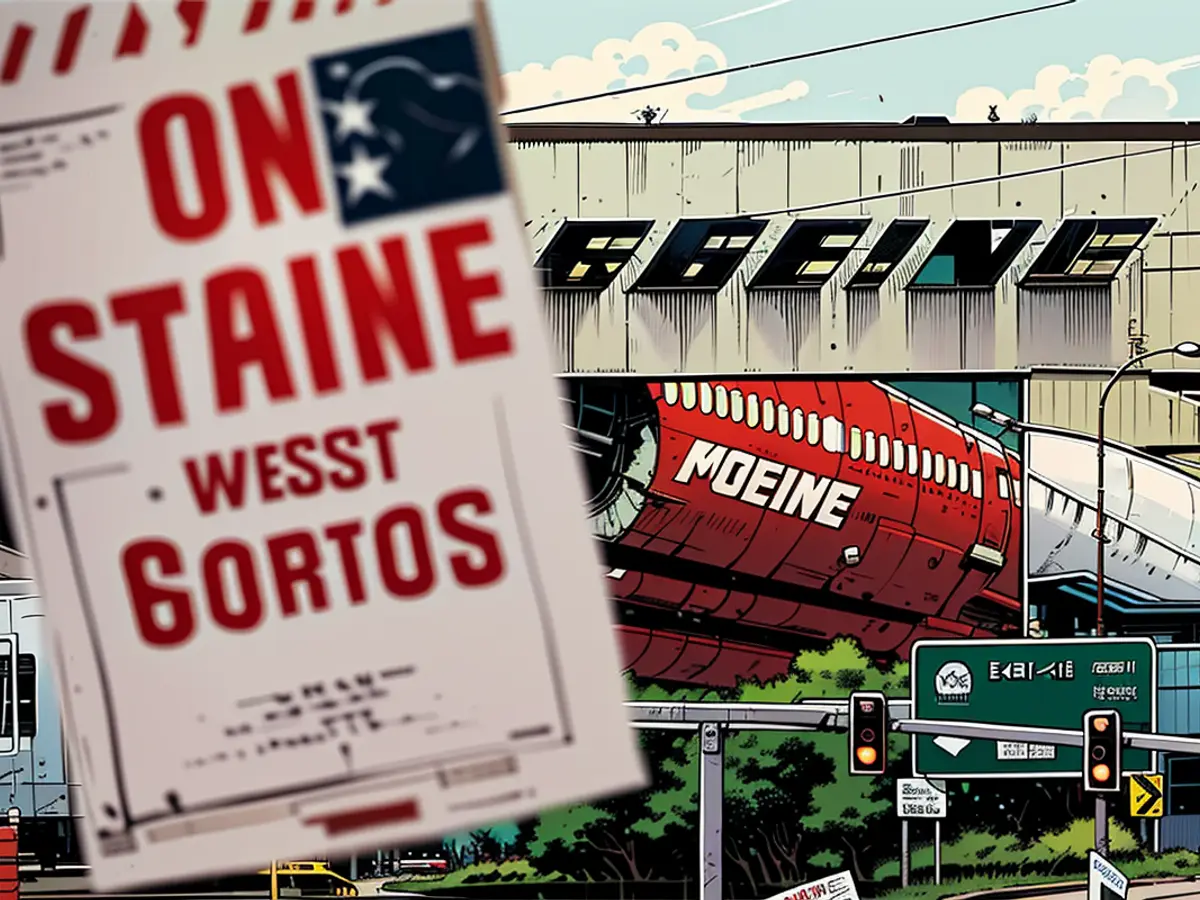Coerced budget reductions impose upon Boeing's operations.
Boeing had previously come to an understanding with the union head honchos concerning a resolution to the pay disagreement. However, the rank-and-file union members weren't pleased with the agreed-upon 25% wage hike and decided to take a firm stand by voting in favor of a work stoppage with an overwhelming majority. This move is undeniably going to put a strain on the company's finances.
Boeing, a prominent US aerospace manufacturer, is considering imposing a hiring freeze in response to the strike by its largest union. Furthermore, salary increases for employees are on hold, and orders for suppliers of its 737, 767, and 777 aircraft will be reduced. Adding to this, temporary furloughs of both workers and managers are being contemplated. An analyst estimates that the strike could cost the company approximately $500 million per week.
"This work stoppage poses a substantial challenge to our recovery, and we need to implement the appropriate measures to safeguard our liquidity and protect our collective future," said Boeing CFO Brian West in a statement. Additional actions include prohibiting luxury flights for management and halted wage boosts associated with transportation. Airport shows will see limited participation.
The strike decision by the largest union's members at Boeing in Seattle last week brought industrial production of the best-selling aircraft to a standstill. Thousands of aerospace workers constructing Boeing's 737, 777, and 767 aircraft instituted the labor action shortly after midnight on Friday. They had previously declined the collective bargaining agreement struck between union leaders and Boeing management.
Years of no substantial pay raises for employees
The strike is set to hit Boeing hard financially. The company is grappling with mounting expenses and debt following a string of setbacks. In January, a cabin door detached from a Boeing 737 Max during a flight with Alaska Airlines. An extended strike could further strain the supply chain in the aviation sector and amplify aircraft scarcity amongst airlines.
It's already clear that crafting a fresh deal with the union will be pricey for Boeing. Prior to the strike, the union members had rejected an offer that would have resulted in a 25% boost in income spread over a four-year duration, with a majority of about 95%. Workers had accepted minimal pay increases in recent times while the cost of living in the region soared.
The union members, unhappy with the agreed-upon wage hike, are advocating for a more equitable solution, referring to it as 'Other than the initially proposed increase'. The financial strain of the work stoppage has led Boeing to consider various cost-cutting measures, one of which is freezing new hires, often referred to as 'Other hiring restrictions'.








